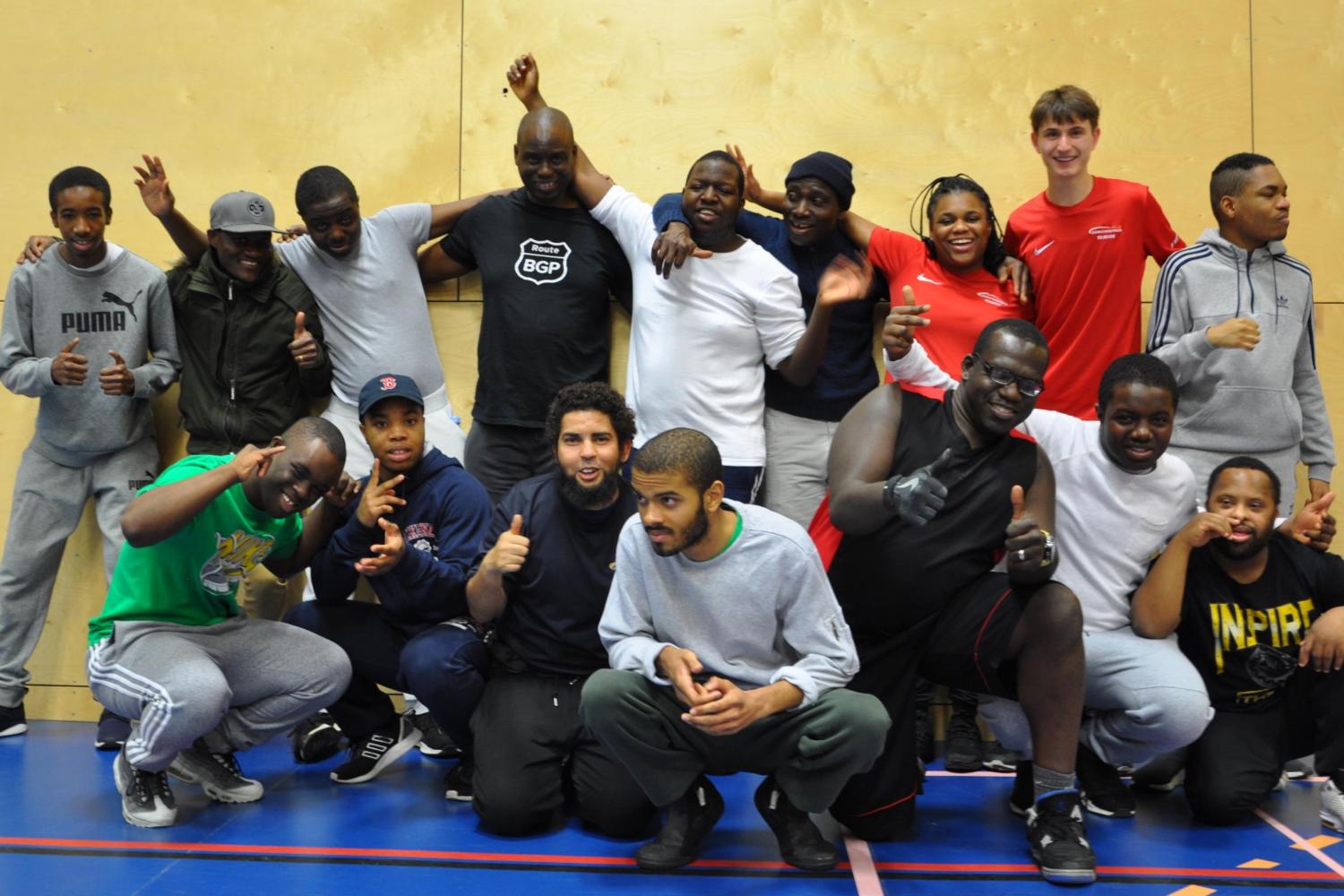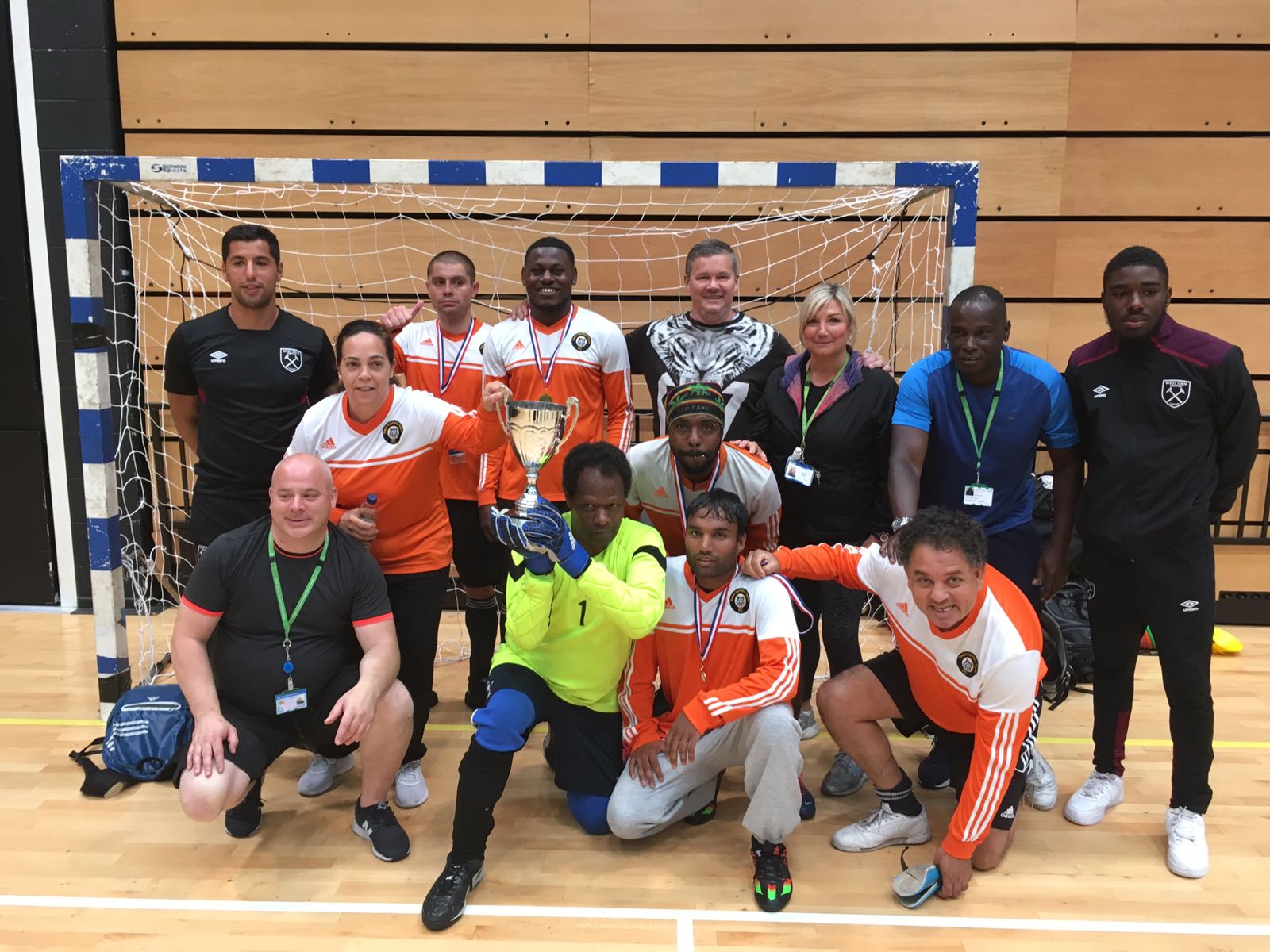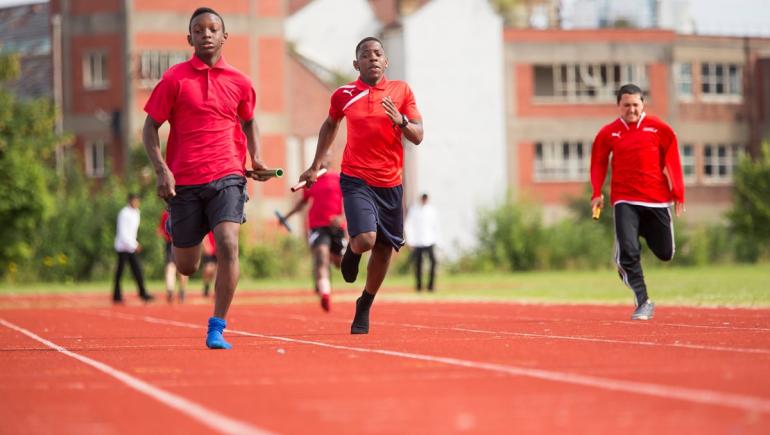Local community-based sport and physical activity provision must somehow return to the disadvantaged communities where it is most needed, according to new research.
A new study conducted by StreetGames revealed that young people overwhelmingly believe that it is important for sporting provision in their local area to return at previous levels or, if at all possible, greater levels than before the lockdown – even considering the impact that social distancing is likely to play for the foreseeable future.
The research also showed that physical activity amongst young people has dropped sharply during lockdown, with over two thirds of those surveyed saying that they are now exercising less as a result of Covid-19, and that the lack of sporting opportunities was also impacting on their social lives. While many community organisations have been adapting to lockdown by providing mentoring and online activities, it is widely acknowledged that these do not provide the same range of benefits to young people’s wellbeing that social, group-based sport and activity does. Many young people also cited the lack of space, privacy and access to connected devices as barriers to joining in with online physical activities.

More than 180 young people took part in the study, which focused on giving young people a voice during the Coronavirus pandemic, to learn the different ways the situation may be affecting them, with education and social lives being most heavily impacted.
77% of respondents reported that missing their friends and family, and socialising in general was a big issue for them, while 81% pointed to the social aspect of community sport as the factor they valued most about their local provision before the lockdown.
Sadly, in some cases this has contributed to a decline in mental wellbeing, with 15% of young people saying that the lockdown was having a real impact on the way that they feel. Some participants confided that they are sleeping too much and feeling lethargic, are isolated or lonely within their own home, and are generally feeling down.

It is clear that the lack of community-based sport and physical activity is taking a toll for young people who usually participate. It was also clear that for many of those who take part, these organisations offer far more than just sport. As well as the social and physical health aspects local sport brings, the young people surveyed also pointed to the opportunity to learn new things the sessions provide (47%) and the importance to them of the leader or coach (23%). These relationships and opportunities make a huge difference in the lives of young people, and their absence is being keenly felt, especially in neighbourhoods where other positive opportunities to are few and far between.
Mark Lawrie, Acting CEO of StreetGames, said: “Sadly, this new research confirms many of the fears that people have about the impact this crisis is having on the health and wellbeing of our young people, especially those living in disadvantaged communities.
“It is clear that lockdown – and the social isolation that stems from it – is taking its toll on young people’s social interaction and opportunities to learn. They are also missing the opportunity that community sport provides to see friends and stay active.
“The community projects which make up our network have been working tirelessly throughout this crisis to support vulnerable young people in every way they can, but this research shows they will need to be supported to put effective, local opportunities for sport and physical activity back into the lives of these young people.”
To read the full report, click here.
Pic credits: StreetGames, Disability Sports Coach; West Ham United Foundation.












